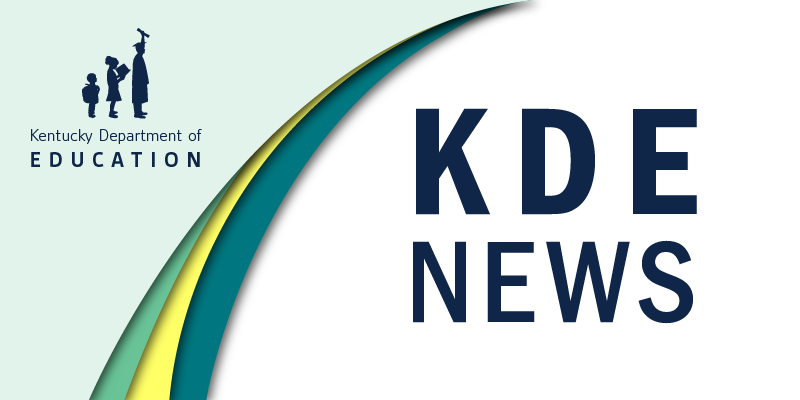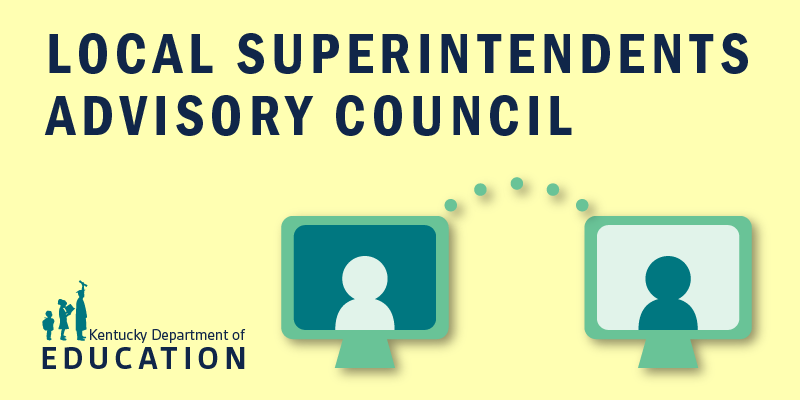 The Kentucky Department of Education (KDE) has selected 12 school districts to work on a pilot program to help schools and districts develop high-quality local curriculum.
The Kentucky Department of Education (KDE) has selected 12 school districts to work on a pilot program to help schools and districts develop high-quality local curriculum.
The districts chosen for the Designing High-Quality Local Curriculum Pilot include:
- Anchorage Independent;
- Barbourville Independent;
- Carroll County;
- Caverna Independent;
- Estill County;
- Garrard County;
- Graves County;
- Livingston County;
- Perry County;
- Robertson County;
- Walton-Verona Independent; and
- Williamstown Independent.
The pilot program will assist Kentucky’s schools and districts as they develop a standards-aligned local curriculum that includes high-quality instructional resources and is aligned to the process established in the Model Curriculum Framework.
COVID-19 has caused an unprecedented interruption in learning, and impacted education across the nation. This has prompted states, schools and districts to start to make changes to their systems and structures to ensure they can equitably support all students. In order to improve student outcomes, schools and districts need to create curricular coherence, which means aligning the standards, curriculum, instructional resources, assessment, and instructional practices and professional learning within and across grade levels to create equitable learning environments for both teachers and students.
“By having aligned work at the state, district and school level, there is a greater potential for sustained impact and increased student success,” said Commissioner of Education and Chief Learner Jason Glass, Ed.D. “This pilot will serve as a model for multi-level, multi-year engagements that produce best practices for instructional leadership across the state.”
Not only will this pilot program support local districts and schools in their development of a local curriculum, but it also will influence KDE’s work in this area. Participants in the pilot will regularly provide feedback on the district and school experience and share information, artifacts and data to help measure the effectiveness of the pilot and impact future work across the state.
The pilot group will work from January 2022 through June 2023.




Leave A Comment